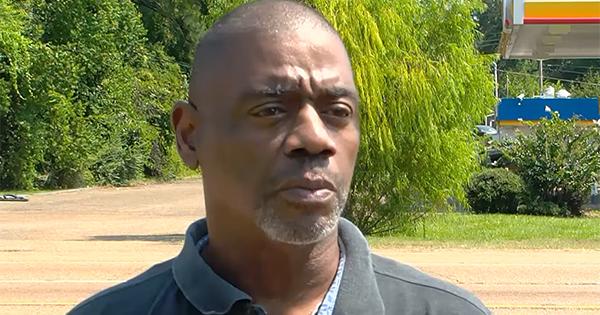
Nationwide — Michael Ransom, an African American man from Jackson, Mississippi, who was carjacked, says that he is frustrated and overwhelmed after going through a lengthy and expensive process to retrieve his car and belongings from the Jackson Police Department (JPD). Carjackings are becoming increasingly common across the country, leaving victims not only traumatized but often burdened with unexpected costs and complications.According to WLBT, the incident occurred at a Shell gas station on Highway 80, where Ransom, a former employee of the store, was working on what seemed like an ordinary night. However, that night took a terrifying turn when two men approached him while he was on a smoke break outside the store. One of the men, armed with a gun, demanded Ransom hand over the keys to his 2004 Nissan Armada, leaving him with no choice but to comply. The traumatic event marked the beginning of an ordeal that would extend far beyond the initial crime.
Following the carjacking, law enforcement was called to the scene, but Ransom’s troubles were far from over. Despite being the victim of a crime, he was faced with the frustrating reality of having to pay to retrieve his car and belongings. “I had to go downtown and pay the impound fee. It doesn’t make sense that after being carjacked, I would have to pay to get my car back,” Ransom said, expressing his disbelief at the situation. To make matters worse, some of his belongings, including his phone and wallet, were still missing, and he was unsure whether they were in the possession of the police or the criminals.
Ransom’s experience highlights a broader issue faced by many carjacking victims—unexpected costs and bureaucratic hurdles. He had to pay over $150 to get his car out of the impound lot, a requirement that, according to Jackson Police Department Deputy Chief Sequerna Banks, is standard procedure regardless of the circumstances. While the department occasionally waives these fees in certain situations, Ransom was not offered such a reprieve, adding to his frustration.
As carjackings continue to rise across the nation, the aftermath for victims like Ransom often involves more than just recovering from the shock of the crime. They must navigate a system that sometimes seems indifferent to their plight, dealing with financial burdens and the loss of personal items that may never be recovered. Ransom, still reeling from the incident, is left wondering whether he needs to replace essential documents and items, such as his driver’s license, phone, and Social Security card.
The Jackson Police Department is continuing to investigate the carjacking, but for Ransom, the damage has already been done. His story serves as a reminder of the far-reaching consequences of carjackings and the challenges victims face in trying to piece their lives back together. As these crimes become more frequent, there is a growing need for law enforcement and policymakers to address not only the immediate response to such incidents but also the support systems in place for those who are affected.
